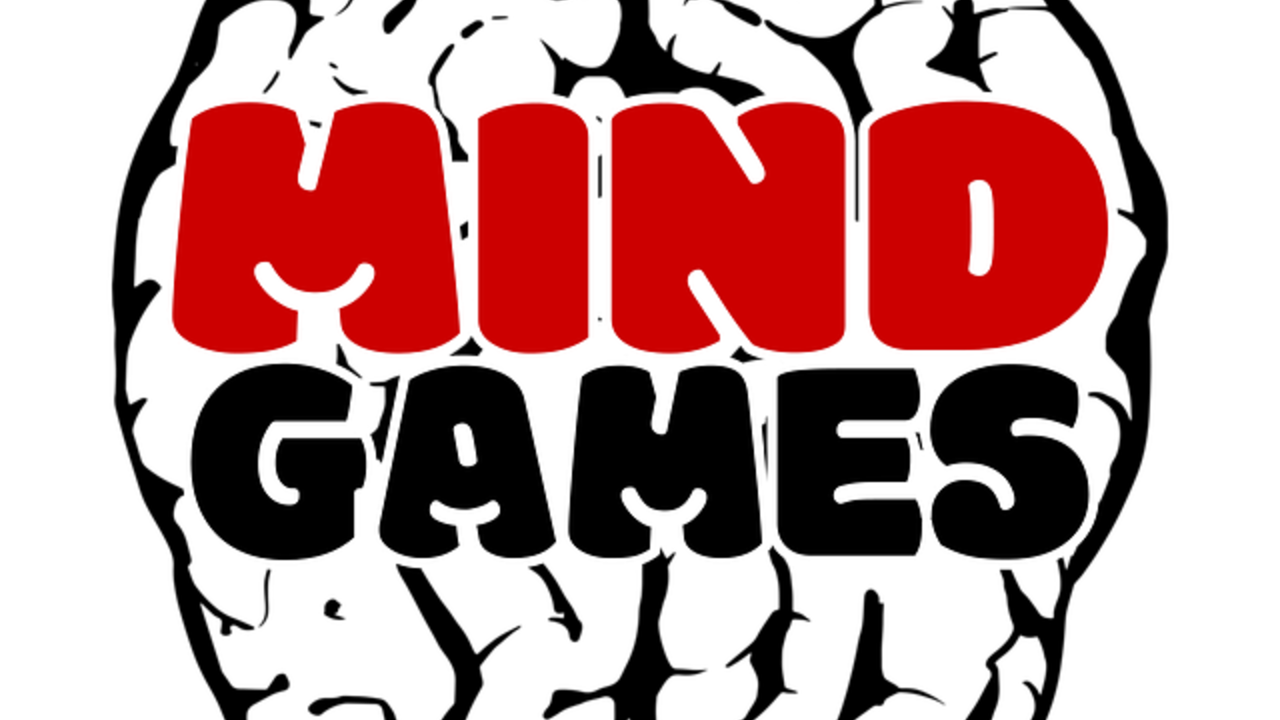8 Reasons You Don't Trust Yourself Or Your Decisions
Aug 27, 2020
During emotional strength coaching sessions, I commonly uncover issues such as low self-esteem, self-doubt, self-judgment, indecisiveness and limiting beliefs.
All of these things combined make you feel like you can't trust yourself to make the "right" decision at all. The inability to trust yourself leads to increased anxiety and feeling stuck. Every time you try to get ahead, a paralyzing fear pulls you back.
One reason we create and maintain limiting beliefs is due to something called Cognitive Distortions. Think of them as faulty connections in our brains that make us distrust ourselves in some way. These thought patterns serve to exaggerate our depression, anxiety, and negative assumptions.
As humans, we're hardwired to look for the negative as a means of survival. Cognitive Distortions magnify this process and cause you to believe negative things about yourself and others. They cause you to jump to conclusions, ignore positive results or experiences, and take things personally.
There are dozens of Cognitive Distortion patterns, but here are some of the most common.
1. Polarized Thinking: The tendency to believe that there are only 2 solutions and no middle ground. Ex. good vs bad, right vs wrong, success vs failure, all vs nothing.
2. Overgeneralizing: Interpreting events in terms of "always" or "never". Ex. "I'm always awkward". ***Note: The words "always", "should", and "never" are 3 keywords I look for in doing emotional release work as they generally indicate emotional conflict is present.
3. Catastrophizing: Thinking everything is going to go wrong, something's a disaster, and there's no hope of making it better.
4. Mental Filtering: Drawing conclusions based on one type of fact, situation, event, or experience. This can involve generalizing or "misremembering" certain events.
5. Personalizing: Taking responsibility or blame for something that you had no control over. Assuming that someone else's behavior is "all about me" and that it "must be my fault".
6. Mind-Reading: The tendency to interpret someone else's behavior, facial expressions or non-verbal communication. Your conclusions and assumptions are based on your own thoughts, feelings, or perceptions. Ex. "My boss doesn't like me because I didn't get the promotion".
7. Disqualifying the Positive: You ignore or explain away any positive facts or experiences. You rationalize that something good doesn't count, was a fluke, or luck.
8. Magnifying or Minimizing: Giving something more credit or importance than it deserves or doing the opposite and giving it less credit or importance. Ex. "It was a team effort. I didn't do that much" or "Making a mountain out of a molehill".
It's possible to display combinations of these patterns or have a dominant pattern that you display regularly. For example, if you struggle with perfectionism, then your primary pattern is most likely Polarized Thinking (also referred to as black and white thinking). This pattern locks you into the belief that being perfect is the only possible outcome and everything else is failure. Since perfection is impossible to obtain, it creates a heightened sense of anxiety and analysis paralysis. If you don't make the perfect decision, the only possible outcome would be failure. This belief causes you to ignore the wide range of options and outcomes available to you and locks you into the belief that there are only two.
If you suffer from low self-esteem, self-doubt, and self-judgement, then you may be mixing multiple patterns such as Mental Filtering (drawing on negative past experiences), Personalizing (you're not good enough and things are your fault), Mind-Reading (incorrectly assessing situations involving others), and Disqualifying the Positive (refusal to acknowledge the good things about you and what you do).
Becoming aware of these patterns is the first step to unwinding them. The more familiar you become with them, the faster you can recognize and change your mindset to a more positive direction. These Cognitive Distortion patterns make you suffer by creating a negative emotional reality. When you dismantle these patterns logically, you're able to see things from a different perspective that allows you more options and freedom.
Emotional strength coaching combined with emotional release techniques helps you create new patterns resulting in positive experiences. I can help you determine which patterns are active in your particular situation, give you a new perspective on events, and help you release any associated. anxiety. If you'd like a consultation to see how emotional strength coaching can help you, then click here to book your free consultation.
Want to keep tabs on all the latest news related to Empaths/HSP's, positive mindset, and anxiety relief? Subscribe to my mailing list to receive a free gift on how you can feel better and function better in today's world.

April Darley N.D. is an Emotional Strength Coach specializing in helping Empaths/HSP's feel better, and function better by releasing stress, anxiety, pain, and sabotaging behavior. Through the combination of coaching and emotional release techniques, you'll learn how to step into your own power, comfortably deal with life's challenges, and stay calm and balanced.
Freedom In Your Inbox!
Join our mailing list to receive weekly tips on how to balance leadership and life.
Don't worry, your information won't be shared and you can unsubscribe at any time.
